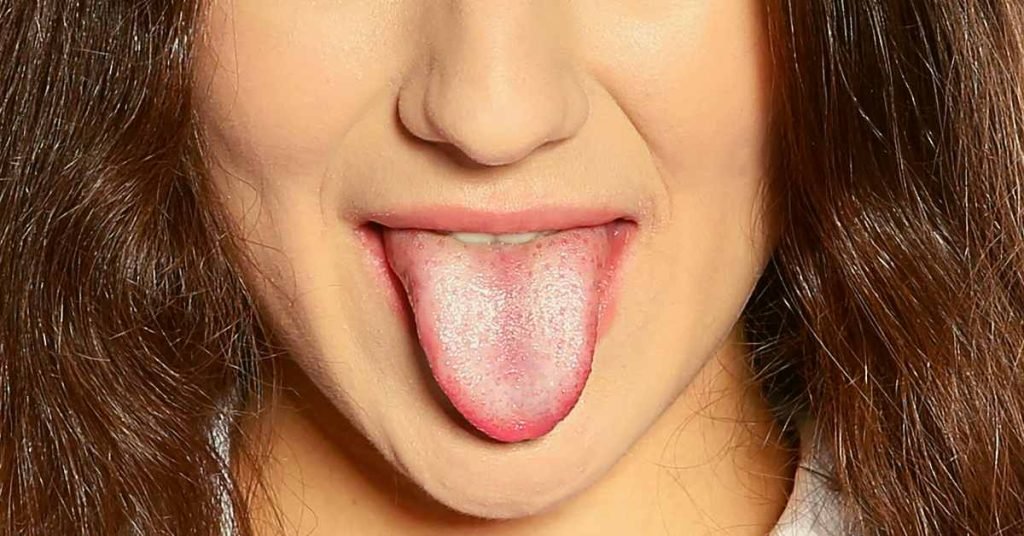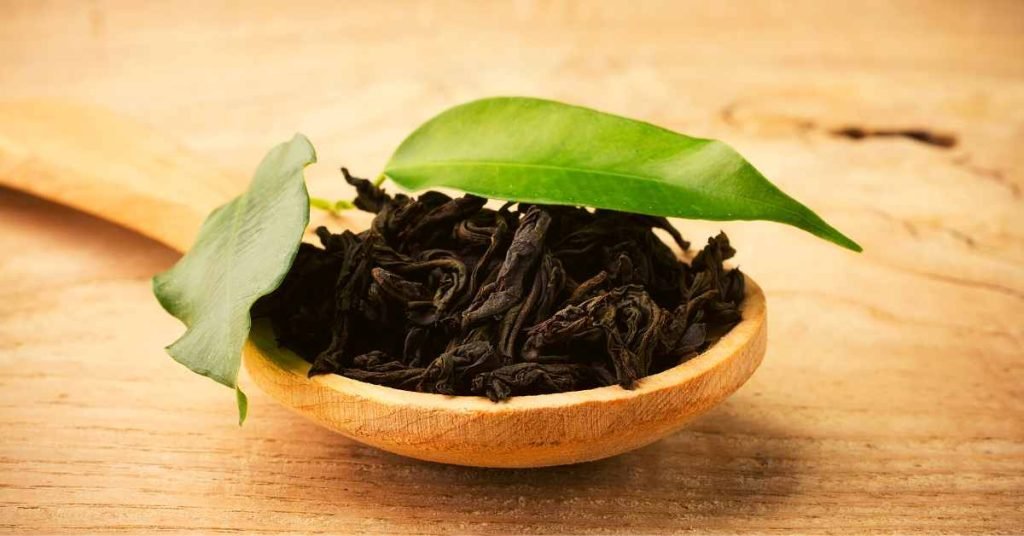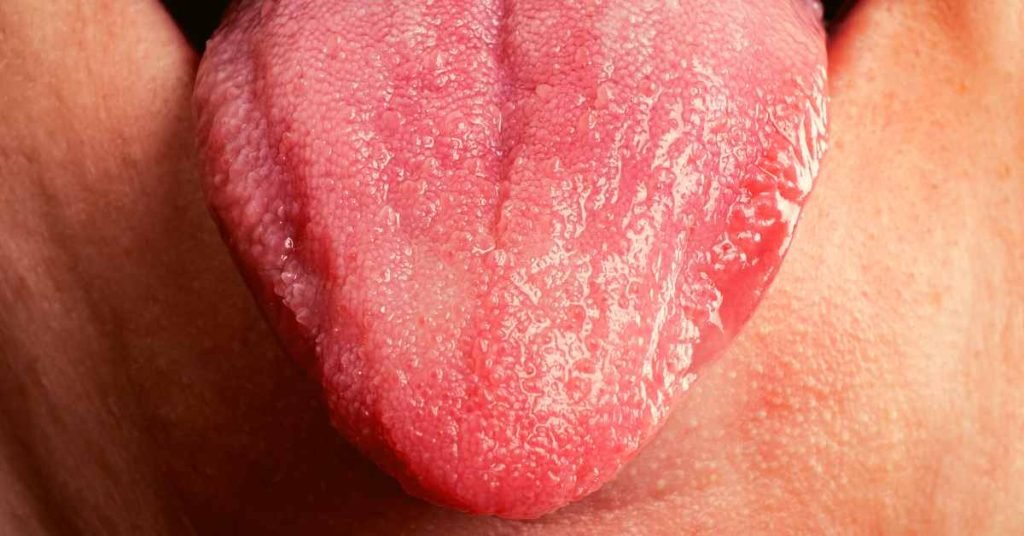Oral thrush, a common fungal infection caused by Candida albicans, can affect individuals of all ages, leading to discomfort and potential complications if left untreated.
While conventional antifungal medications are often prescribed, there is a growing interest in complementary and alternative remedies, including the use of tea.
Tea, with its diverse range of types and flavors, has been lauded for its potential therapeutic properties, and recent studies suggest that certain teas may offer relief for oral thrush in adults.
Understanding Oral Thrush

Before delving into the role of tea in managing oral thrush, it’s essential to understand the condition. Candida albicans, a naturally occurring fungus in the human body, can proliferate and cause an infection when the immune system is compromised.
Common symptoms of oral thrush include white lesions on the inner cheeks, tongue, and roof of the mouth, as well as discomfort and difficulty swallowing.
Tea and Antifungal Properties
Several types of tea have been studied for their potential antifungal properties. Green tea, in particular, has been the subject of numerous research studies due to its high concentration of polyphenols, specifically catechins.
Catechins have demonstrated antifungal activity, inhibiting the growth of Candida albicans. Additionally, black tea, white tea, and herbal teas like chamomile and peppermint have compounds that may contribute to their antifungal potential.
Green Tea
Green tea is celebrated for its rich antioxidant content, but its role in combating oral thrush has gained attention. The polyphenols in green tea, especially epigallocatechin gallate (EGCG), exhibit antifungal properties.
Studies suggest that rinsing the mouth with green tea may help reduce the growth of Candida and provide relief for oral thrush symptoms.
Black Tea

Black tea, derived from the same plant as green tea, undergoes a different oxidation process. While it contains less EGCG, black tea is rich in tannins and other polyphenols that may have antifungal effects.
Some research indicates that black tea extracts could inhibit the growth of Candida, making it a potential adjunctive therapy for oral thrush.
Herbal Teas
Chamomile and peppermint, popular herbal teas, are known for their soothing properties. Beyond their calming effects, these teas may also possess antifungal attributes.
Chamomile, in particular, has compounds like bisabolol that exhibit antimicrobial properties. Peppermint, with its menthol content, may contribute to creating an environment less favorable for Candida growth.
Tea Preparation and Application
To harness the potential benefits of tea for oral thrush, individuals can incorporate the following practices:
Oral Rinses: Prepare a mild tea infusion and use it as a mouthwash. Gargling or swishing the tea in the mouth for about 30 seconds before spitting it out may help reduce the fungal load.

Topical Application: Allow brewed tea to cool and apply it topically to affected areas using a cotton swab. This can provide localized relief and potential antifungal effects.
Regular Consumption: Drinking tea regularly, especially varieties with high polyphenol content, may contribute to maintaining oral health and preventing the recurrence of oral thrush.
Precautions and Considerations
While tea may offer a complementary approach to managing oral thrush, it’s crucial to consider the following:
Consultation with Healthcare Professionals: Before relying solely on tea for oral thrush treatment, individuals should consult with healthcare professionals to ensure that tea complements, rather than substitutes for, prescribed medications.
Hygiene Practices: Proper oral hygiene, including regular brushing and flossing, is essential for preventing and managing oral thrush. Tea should be viewed as a supplemental measure rather than a primary solution.
Sugar Content: Some commercially available teas may contain added sugars, which can exacerbate fungal overgrowth. Opt for unsweetened varieties or brew your own tea to control sugar intake.
Final Word

Tea, with its diverse varieties and potential health benefits, emerges as a promising natural remedy for oral thrush in adults.
While scientific evidence supports the antifungal properties of certain teas, it is crucial to integrate tea-based approaches with conventional medical treatments and maintain good oral hygiene practices.
The ritualistic consumption and application of tea not only offer potential relief from oral thrush symptoms but also underscore the holistic connection between natural remedies and overall well-being.
MEDICAL DISCLAIMER
Itsnevernotteatime.com cannot and does not contain medical/health advice. The medical/health information is provided for general and educational purposes only and is not a substitute for professional advice.




